Every entrepreneur, from the small business owner to the executive in a large corporation, must have asked the question “why do we do it?”
Given all the problems involved in starting a business and dark moments when things go wrong, why do we do it?
The entrepreneurial urge is a basic human instinct. Everyone wants to make money but for the genuine entrepreneur that’s not the chief motivation. The successful entrepreneur is driven by the need to create a unique business that will grow and create wealth in the community.
A tip from my favourite investor
My favourite investor, the late Sir John Templeton, said: “If you want to become really wealthy, you must have your money work for you.”
But making it work successfully requires courage, optimism in bad times, driving innovation and building a highly motivated team, with the help of emotional intelligence – the most important kind of intelligence for a CEO.
Just three men in a room
I can speak from experience. When I and two colleagues started up Aberdeen Asset Management, in 1983, we were just three men in a room doing business by telephone, with no internet in those days – and no data.
But we had an optimistic, can-do attitude. My morale rocketed when, that year, Aberdeen FC beat Real Madrid in the European Cup Winners’ Cup. It seemed a good omen that there were no limits to what Aberdonians could accomplish.
Some 10% of Scottish private sector businesses are based in the north-east, with 29,894 companies in Aberdeen city and a further 21,023 in Aberdeenshire.
Even lockdown didn’t stifle the local entrepreneurial spirit. Aberdeen had the highest per capita rate of trade business start-ups in the UK during lockdown, totalling 163 new firms, or one per 1,403 people.
That spirit endures, though business in the north-east faces challenges.
Fascinating figures from Aberdeen and Grampian Chamber of Commerce
A new North-east Quarterly Economic Survey published by Aberdeen and Grampian Chamber of Commerce reports 71% of local businesses identifying inflation as their main concern, compared with 65% UK-wide.
But, in contrast, 62% of north-east businesses expect their turnover to improve over the next year, compared with just 53% UK-wide. Only 15% of local companies reported a decline in sales, compared with 23% across the UK.
Significantly, the north-east is outpacing the UK in export sales. More than one-third (35%) of local businesses have seen an increase, compared with the UK average of 27%.
Business start-ups in the north-east have a lot of help available. In partnership with Aberdeen City and Aberdeenshire councils, the Business Gateway team, on behalf of Elevator UK, delivers support to start-ups.
Elevator’s support is free, can include a dedicated business adviser, and offers webinars and networking events, connections to local industry professionals, help with business expansion, diversification into new markets, digitisation and much more.
Next month the Transform Business Festival returns to Aberdeen, an intensive one-day event connecting entrepreneurs, start-ups and businesses of all sizes. It will include digital skill workshops delivered by Business Gateway and Elevator.
Opportunity North East (One) also provides help. The One BioHub opened in May and can accommodate up to 400 bio-entrepreneurs.
Sir Ian Wood, one of our greatest north-east entrepreneurs, said: “One BioHub will be the transformational place in the north-east of Scotland for the entrepreneurial life sciences community and growth sector to meet, share, learn, start up, innovate and grow.”
A British Business Bank survey recently reported that, between 2011 and this year, life sciences was the dominant sector for equity deals in Aberdeen, accounting for 81% of technology and intellectual property-related spinouts involved in deals in the city.
Many north-east firms are entrepreneurial trail-blazers. The iconic example remains Ellon-based BrewDog, founded in 2007 and estimated by Forbes magazine to be worth around $2 billion (£1.64 billion) today.
Flying the flag for north-east’s rich food and drink larder
The food and drinks trade is a key sector. At this year’s Scotland Food and Drink Excellence Awards, winners included: Mackie’s of Scotland, for sustainability; Aberdeenshire-based OR-ganic, which won artisan product of the year; Huntly-based Duncan Taylor Scotch Whisky, which won distilling product of the year; and the Wee Scottish Cider Company, of Aberdeen, which won beer and cider product of the year.
In Fraserburgh, Gavin McIntosh, owner of Ian J McIntosh Butcher, is pressing on with his drive to become Scotland’s “greenest butcher”, He is investing £25,000 in solar panels, having already installed low wattage electrical equipment, refrigeration insulation and wall cladding with low envirnmental impact credentials.
The successful entrepreneur is driven by the need to create a unique business that will grow and create wealth in the community.”
Back in 1983, in my start-up days with Aberdeen Asset Management, oil and gas were creating an entrepreneurial spirit born of opportunity. Today, new opportunities in building a supply chain for wind, hydrogen and CCUS (carbon capture utilisation and storage) have arisen.
High-value manufacturing, research and development, and innovation are supporting new green energies – think ScotWind, Acorn and the Aberdeen Hydrogen Hub.
The north-east has always seized opportunities. I’m confident local entrepreneurs will grasp those offered by the acceleration towards net-zero.
Martin Gilbert is co-founder and former chief executive of Aberdeen Asset Management and chairman of AssetCo, Toscafund and Revolut.
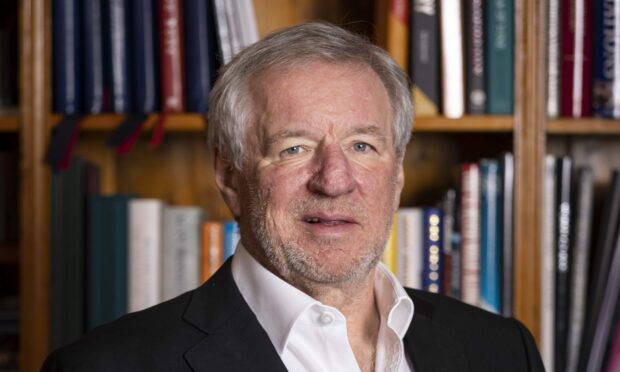
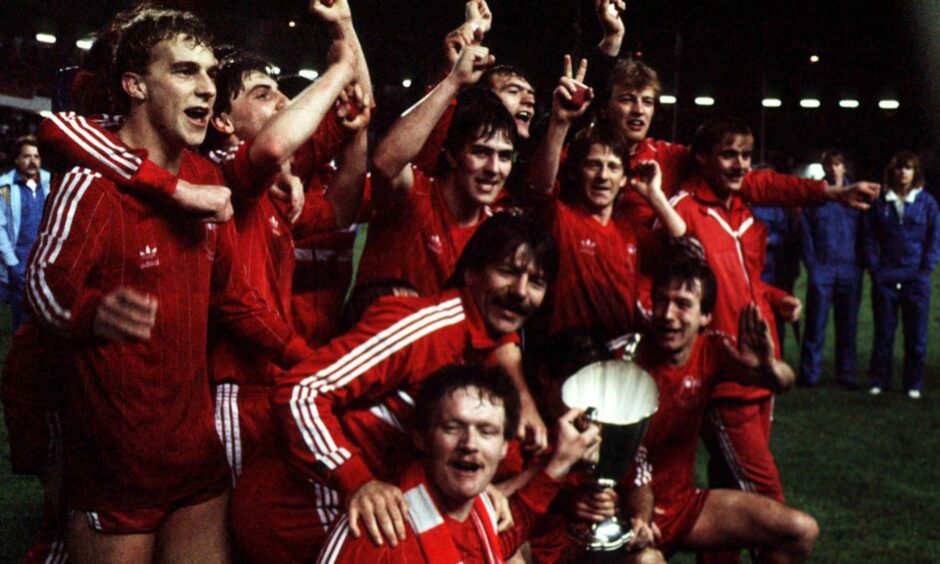
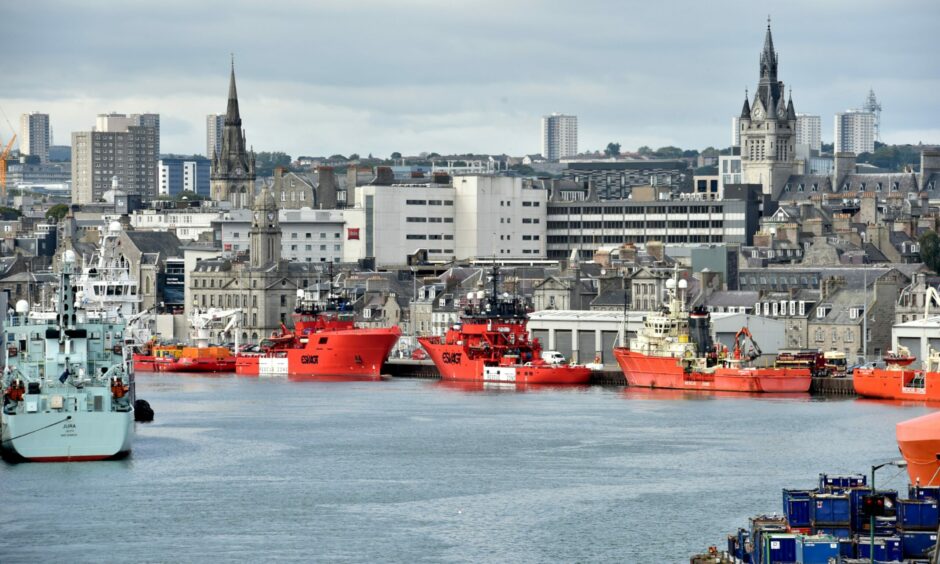
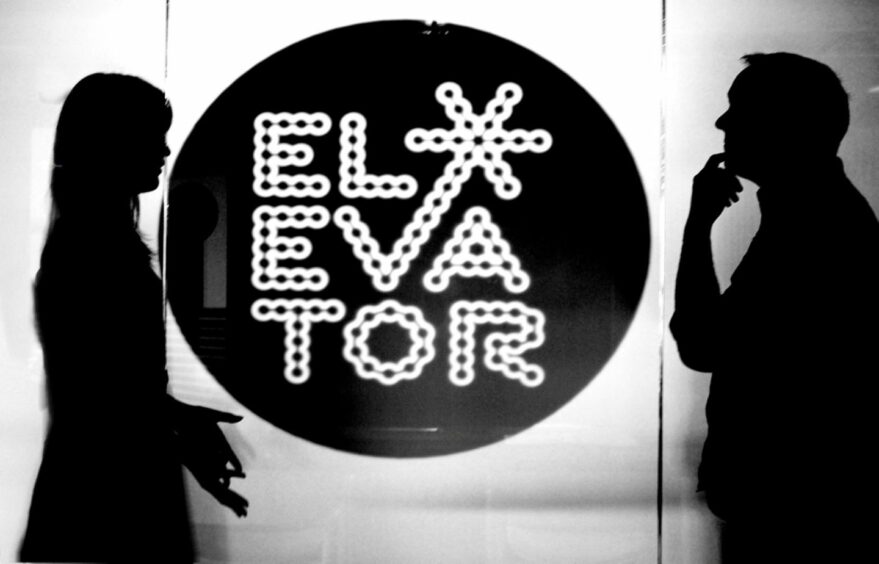
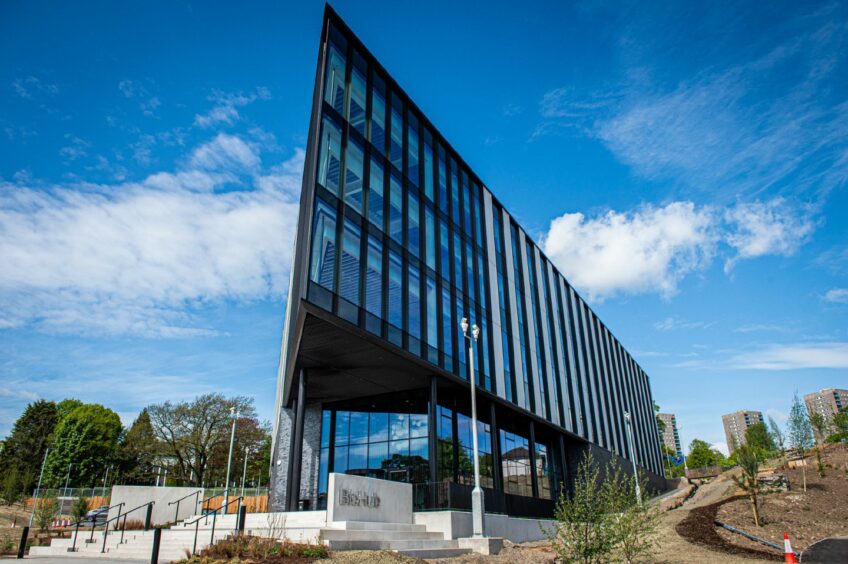

Conversation